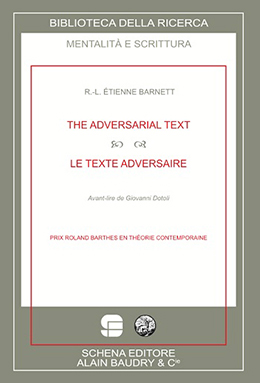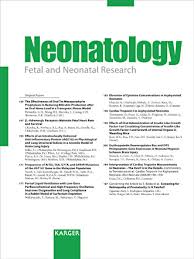
The University of Gothenburg has requested the dismissal of a researcher who has been found guilty of scientific misconduct in seven articles.
The researcher, Suchitra Sumitran-Holgersson, is “guilty of research misconduct through intentional fabrication, falsification or suppression of basic material and deliberately abandoning good scientific practice in seven of the reviewed articles,” according to a press release from the University of Gothenburg (GU). Sumitran-Holgersson continues to insist any issues were the result of “unfortunate errors,” not misconduct.
As a consequence, GU vice-chancellor Eva Wiberg has:
Continue reading University recommends researcher be fired after misconduct finding


 If scientific publishing were the World Cup, twenty scientific journals are being effectively taken out of competition today. And five others are being given a stern first-time warning.
If scientific publishing were the World Cup, twenty scientific journals are being effectively taken out of competition today. And five others are being given a stern first-time warning.
 A mysterious lit and film critic who built a significant portion of his career using the words of other scholars instead of writing his own appears to be attempting a second act.
A mysterious lit and film critic who built a significant portion of his career using the words of other scholars instead of writing his own appears to be attempting a second act.  Before we present this week’s Weekend Reads, a question: Do you enjoy our weekly roundup? If so, we could really use your help. Would you consider a
Before we present this week’s Weekend Reads, a question: Do you enjoy our weekly roundup? If so, we could really use your help. Would you consider a  In March, a journal published a paper about blood sugar levels in newborns that caused an immediate outcry from outside experts, who were concerned it contained a sentence that could be potentially harmful if misinterpreted by doctors.
In March, a journal published a paper about blood sugar levels in newborns that caused an immediate outcry from outside experts, who were concerned it contained a sentence that could be potentially harmful if misinterpreted by doctors.  In September 2014, an investigation into the work of an award-winning cancer researcher in Illinois concluded that multiple papers had been affected by misconduct. Now, nearly four years later,
In September 2014, an investigation into the work of an award-winning cancer researcher in Illinois concluded that multiple papers had been affected by misconduct. Now, nearly four years later, 
 Last month, the
Last month, the